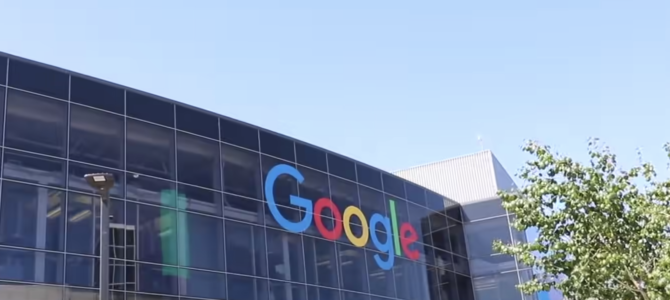Alphabet Inc.’s Google plans to revamp its research protocols, including axing extra vetting, following fallout that occurred when two employees involved in artificial intelligence research departed after criticizing the company for being merely performative in its diversity and inclusion efforts and ignoring biases present in AI technologies.
In a recording obtained by Reuters, Google executives over the company’s research departments announced new review policies that will “assess projects for risk and help scientists navigate reviews.” Research Chief Operating Officer Maggie Johnson told those present in the meeting that the majority of papers submitted “will not require extra vetting.”
The change follows the December departure of artificial intelligence ethics researcher Timnit Gebru, a Google employee outspoken about her commitment to promote social justice and advocate for the company to hire more women and black employees. It is disputed whether Gebru was fired or resigned, but her sudden exit from the company followed a fallout with Google executives over a research paper she submitted for a conference. In the paper, Gebru and six other researchers complain that there are biases built into artificial intelligence systems employed by Google that could manipulate and spread information on the internet, including a risk of “racist, sexist, and otherwise abusive language end[ing] up in the training data.”
When Google informed her that the paper “didn’t meet our bar for publication” and ask her to retract it or remove her name, Gebru refused to comply “without further discussion” and threatened to resign after she came back from vacation if the company was unwilling to talk with her. It was at this point that Google locked her out of her email and wrote that they accepted her resignation. Gebru was quick to say the company fired her for criticizing their “approach to minority hiring and the biases built into today’s artificial intelligence systems,” a narrative picked up by multiple corporate media outlets and other Google employees.
Nearly 2,700 Google staff signed a letter calling for more transparency within the Silicon Valley giant’s research protocols and an explanation for why Gebru’s work was rejected by the company. The letter also accuses the company of “defensiveness, racism, gaslighting, research censorship, and now a retaliatory firing.”
After the letter circulated and multiple employees publicly voiced their concerns over Gebru’s sudden departure, Alphabet CEO Sundar Pichai addressed the staff in an email, apologizing for the incident’s fallout.
“I’ve heard the reaction to Dr. Gebru’s departure loud and clear: It seeded doubts and led some in our community to question their place at Google. I want to say how sorry I am for that, and I accept the responsibility of working to restore your trust,” Pichai wrote, promising a reassessment of company policies and review of the circumstances leading up to the incident.
Gebru, however, rejected the email, saying it was merely a front. “I see this as ‘I’m sorry for how it played out but I’m not sorry for what we did to her yet,’” she said.
Months later, Google fired staff scientist Margaret Mitchell for “violating the company’s code of conduct and security policies by moving electronic files outside the company” and for an investigation into the “exfiltration of confidential business-sensitive documents and private data of other employees,” another decision that angered researchers at the company.
Mitchell, much like Gebru, was an outspoken diversity and inclusion activist within Google, often offering her public concerns that the company was starting to censor papers critical of its products. She was also a co-author of the controversial paper rejected by Google. Mitchell was quick to say the Big Tech company should not have fired Gebru and that Google was “undermining the credibility of her work.”









